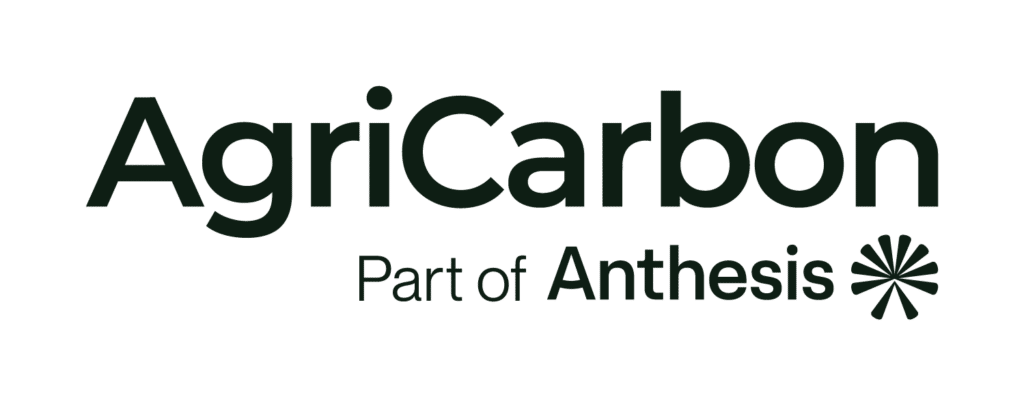Why AgriCarbon™?
Protecting our soil is critical to solving the climate crisis and agriculture plays a pivotal part.
AgriCarbon is South Africa’s leading carbon farming programme offering verified, high-quality removal carbon credits at scale. The sale of these carbon credits support farmers in transitioning to regenerative farming practices by providing funding needed to mitigate short-term yield losses or to finance new farming equipment and technology solutions.
What is regenerative agriculture?
Regenerative agriculture is a holistic farming approach that aims to improve and sustain soil health, enhance biodiversity, and promote ecological resilience while also producing food. The basic principle of regenerative agriculture is to work with natural systems rather than against them.
A variety of farming management practices work together to build healthy soils, reduce erosion, and promote plant and animal diversity – such as diverse crop rotations, cover cropping, intercropping, reduced tillage, and the integration of livestock.
By building healthy soils, farmers can sequester carbon from the atmosphere, thereby contributing to efforts to mitigate climate change.
Conventional farming
Regenerative farming
VS
Conventional synthetic fertiliser application; high volumes.
Reduction of synthetic fertilisers, conversion to organic fertilisers, optimisation of fertiliser application.
Conventional irrigation and water management practices.
Optimisation of water usage and associated energy consumption.
Conventional tillage and high soil disturbance practices low levels of soil cover.
Reduction in soil disturbance practices moving towards minimum/no-tillage alongside permanent organic soil cover.
Monoculture cropping systems.
Diversified cropping systems which include multi-species cover crops as well as intercropping and rotational cropping systems that maintain an adequate soil cover.
Conventional grazing practices.
Stocking rate optimisation, multi-species integration, rotational grazing practices and livestock manure management.
High agrochemical and fossil fuel usage, poor soil biological health status and biomass burning.
Fossil fuel usage reduction, reduction in biomass burning and less agrochemical usage.
Mark Rubin, Lancewood farm owner and one of the first AgriCarbon farmers, says
“We’ve always believed the soil is king and the better you work with nature and the better you work with the soil, you’ll get returns from that.”
Lancewood has more than halved its nitrogen use per hectare per year since 2018 according to sustainability assessment platform managed by research consultancy, Trace & Save.
Benefits to farmers
Our carbon credit programme is designed to benefit farmers in three critical ways:
Global reach
We have a large international client base interested in buying your carbon credits, as well as access to the local market. We offer highly attractive terms and have existing relationships with over 3,000 companies in the international voluntary carbon market. This maximises the sales price of your carbon.
First internationally certified programme
We are South Africa’s first internationally recognised carbon offset programme for the agricultural sector and have been listed on Verra’s Verified Carbon Standard.
Expert partner
You’re the farming expert; we’re the carbon credit experts. Our technical, commercial and financial know-how is evident in our extensive carbon project development track record. Since 2002, we have commissioned millions of tonnes of carbon from over 50 low-carbon projects in 20 countries.

